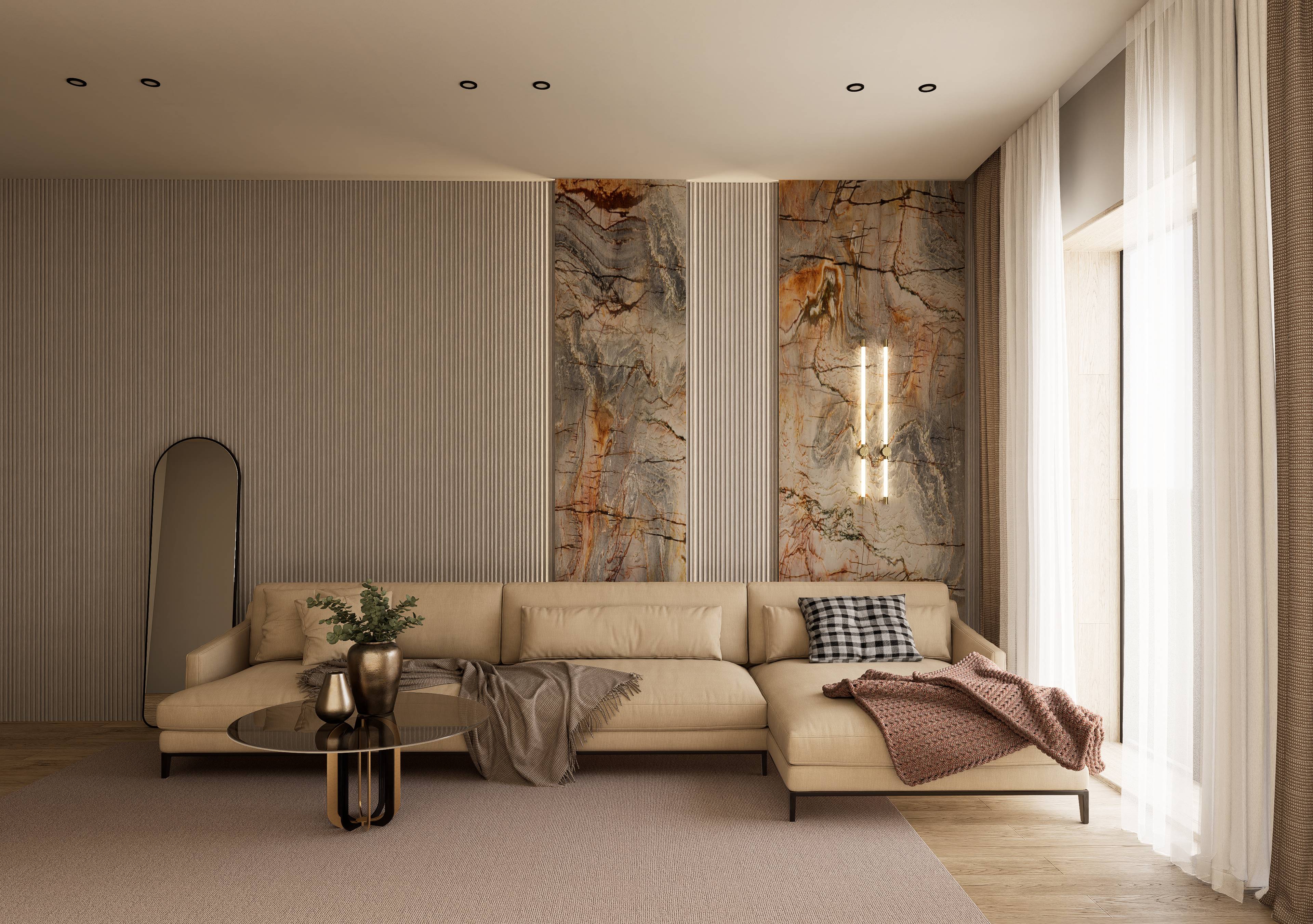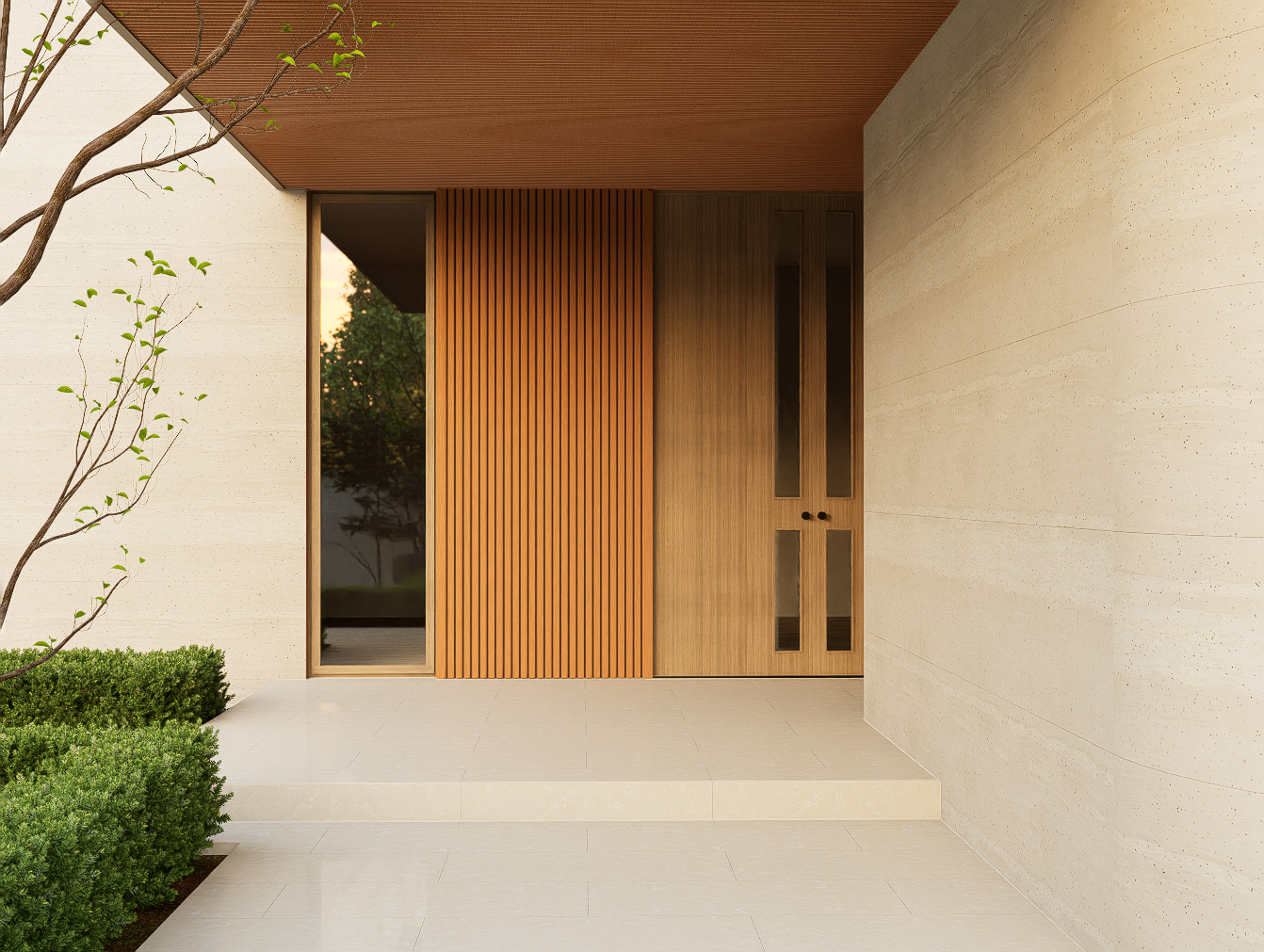How to Choose the Right Acoustic Wall Panels for Soundproofing
When it comes to creating a peaceful and quiet environment, choosing the right acoustic wall panels is essential. Whether you're a homeowner looking to reduce noise in your living space, a business owner aiming to enhance a conference room, or a musician needing a soundproof area, understanding how to select the right panels can make a significant difference. Here’s a comprehensive guide to help you make an informed decision.
1. Understand Your Acoustic Needs
Before selecting acoustic wall panels, it's crucial to assess your specific soundproofing needs. Consider the following factors:
- Type of Noise: Identify the source of the noise you want to reduce. Is it external noise from outside, or is it internal noise from conversations or machinery?
- Room Usage: Determine how you use the space. Rooms meant for relaxation, such as bedrooms or home theaters, may require different treatments compared to offices or recording studios.
2. Evaluate Noise Reduction Coefficient (NRC)
The Noise Reduction Coefficient (NRC) is a critical measurement that indicates how much sound a panel can absorb. The NRC rating ranges from 0 to 1, with higher numbers indicating better sound absorption. When choosing acoustic panels, look for those with an NRC rating of at least 0.7 for effective soundproofing.
3. Choose the Right Material
Acoustic wall panels come in various materials, each with its unique properties:
- Foam Panels: Lightweight and easy to install, foam panels are excellent for absorbing mid to high frequencies. They're often used in home theaters and recording studios.
- Fabric-Wrapped Panels: These panels combine aesthetics with functionality and are effective across a broader range of frequencies. They can be customized with different fabrics and colors to match your interior design.
- Wood Panels: Offering a natural look, wood panels can add warmth to a room while still providing sound absorption. They are often used in commercial spaces and upscale residential applications.
- Mineral Wool Panels: Known for their high absorption capabilities, these panels are fire-resistant and suitable for various applications, including offices and classrooms.
4. Consider Panel Thickness
The thickness of acoustic panels plays a significant role in their sound absorption capabilities. Thicker panels generally provide better soundproofing, particularly for lower frequencies. Consider using panels that are at least 2 inches thick for optimal results.
5. Assess Installation Requirements
Before making a purchase, consider how you will install the panels. Some options include:
- Adhesive Installation: Many acoustic panels come with adhesive backing for straightforward installation. This is ideal for renters or those looking for a less permanent solution.
- Wall-Mounting: Some panels require mounting hardware, which can provide a more secure installation. This method is common for heavier panels like wood or mineral wool.
- Suspended Ceiling: For larger spaces, acoustic panels can be suspended from the ceiling to cover extensive areas without taking up wall space.
6. Aesthetic Considerations
Acoustic panels can enhance the look of your space. When choosing panels, consider:
- Color and Texture: Select colors and textures that complement your existing decor. Fabric-wrapped and wood panels offer a range of design options.
- Custom Sizes: Many manufacturers provide custom sizing to fit specific wall dimensions, ensuring a seamless integration into your space.
7. Budgeting for Acoustic Panels
Acoustic wall panels can vary significantly in cost. Set a budget based on your needs and explore options within that range. Remember that investing in quality panels can lead to better soundproofing and durability, ultimately saving you money in the long run.
8. Seek Professional Guidance
If you're unsure about which panels to choose, consider consulting with an acoustic professional. They can assess your space, recommend products, and even assist with installation to ensure you achieve the best results.
Conclusion
Selecting the right acoustic wall panels for soundproofing is a crucial step in creating a quieter, more enjoyable environment. By understanding your needs, evaluating materials, and considering factors like NRC ratings and aesthetics, you can make an informed decision that enhances both the functionality and beauty of your space. Whether you're aiming for a serene home, a productive office, or a professional studio, the right acoustic solutions will help you achieve the desired acoustic comfort.
For more information or to explore Dakeeta's range of acoustic wall panels, contact us today or visit our website to find the perfect solution for your soundproofing needs!
















